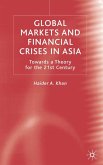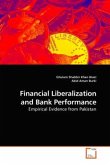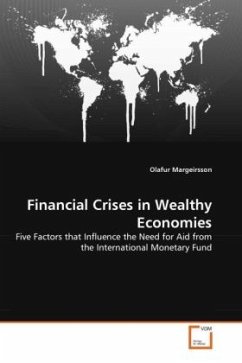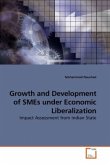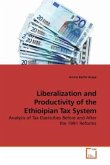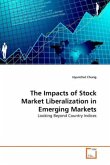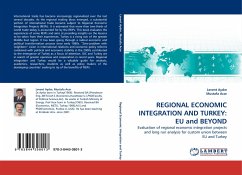The Turkish crises in the post-1990 period -1994,
2000, 2001- which have hitherto received
comparatively little international attention, are
ideal to show the peculiarities of each crisis and
individual country experiences and provide a
critical approach to the existing crisis literature.
The primary objective of this book is to
build on the valuable existing literature to
reassess the Turkish crises in the post-1990 period
with a different perspective and complements
previous studies by providing the missing links.
Going beyond the hitherto short-term focus, it
argues that their causes cannot simply be associated
with events just before their emergence; instead
they are the result of a cumulative process of
factors building up over many years. It offers a
more balanced treatment by taking into consideration
the domestic policy failures of a by and large
reactive state as well as the lax attitude of
international financial institutions.It analyzes the
reasons behind the lack of learning on the part of
both domestic and international decision makers. The
book argues that there were grave mistakes made in
the timing and sequencing of neoliberal reforms.
2000, 2001- which have hitherto received
comparatively little international attention, are
ideal to show the peculiarities of each crisis and
individual country experiences and provide a
critical approach to the existing crisis literature.
The primary objective of this book is to
build on the valuable existing literature to
reassess the Turkish crises in the post-1990 period
with a different perspective and complements
previous studies by providing the missing links.
Going beyond the hitherto short-term focus, it
argues that their causes cannot simply be associated
with events just before their emergence; instead
they are the result of a cumulative process of
factors building up over many years. It offers a
more balanced treatment by taking into consideration
the domestic policy failures of a by and large
reactive state as well as the lax attitude of
international financial institutions.It analyzes the
reasons behind the lack of learning on the part of
both domestic and international decision makers. The
book argues that there were grave mistakes made in
the timing and sequencing of neoliberal reforms.


